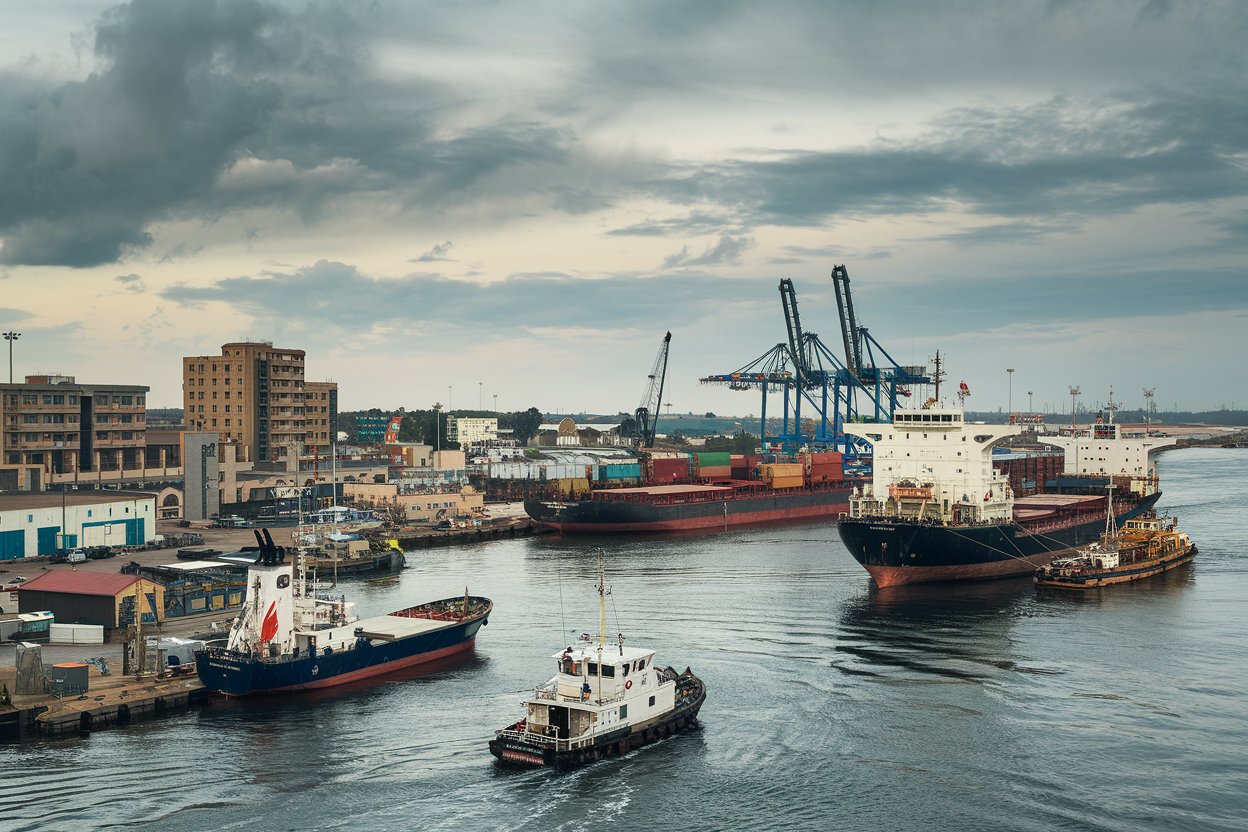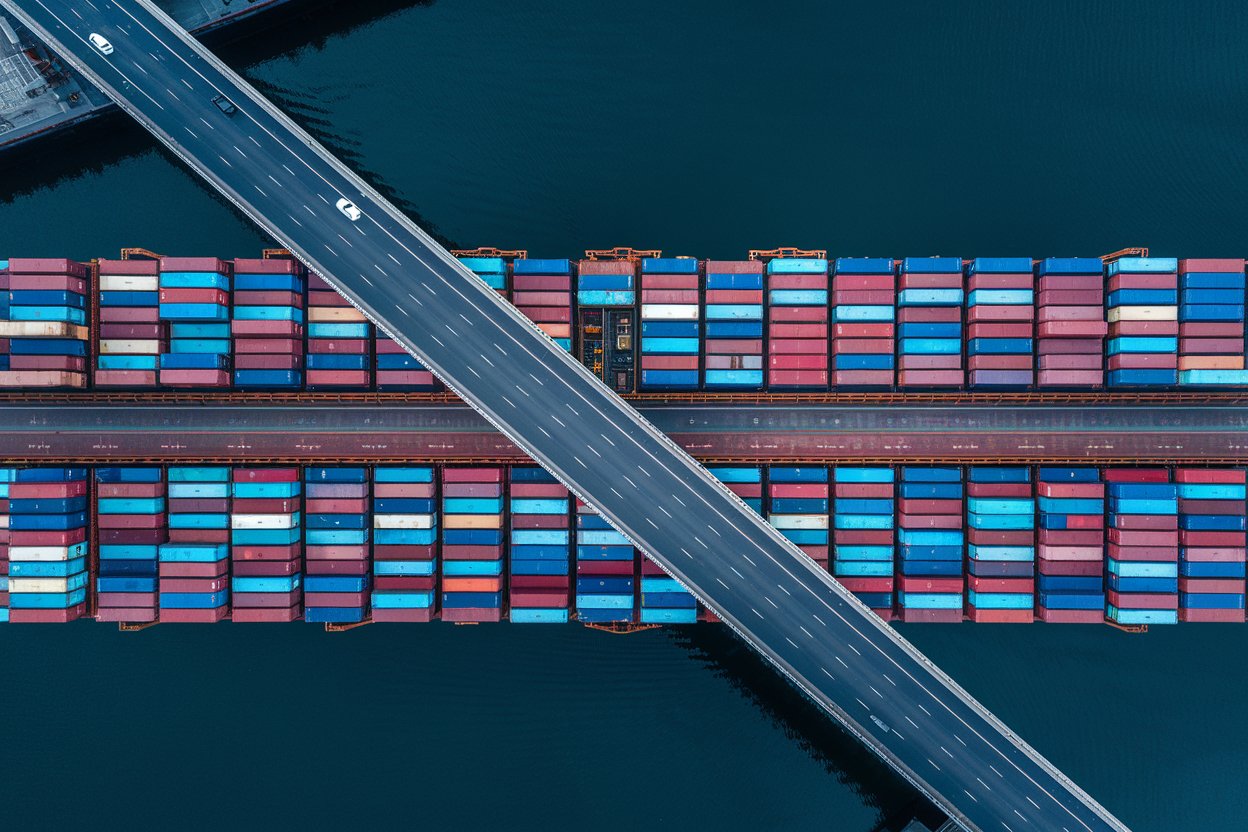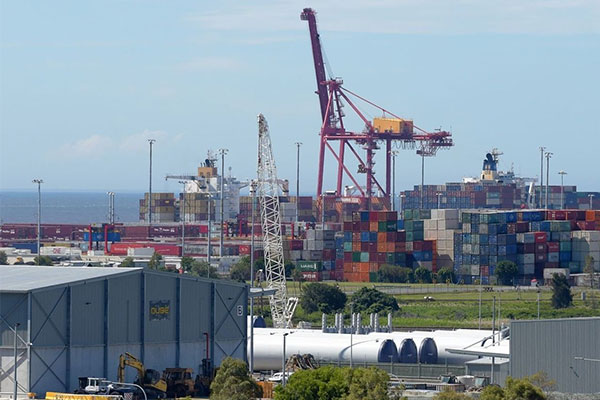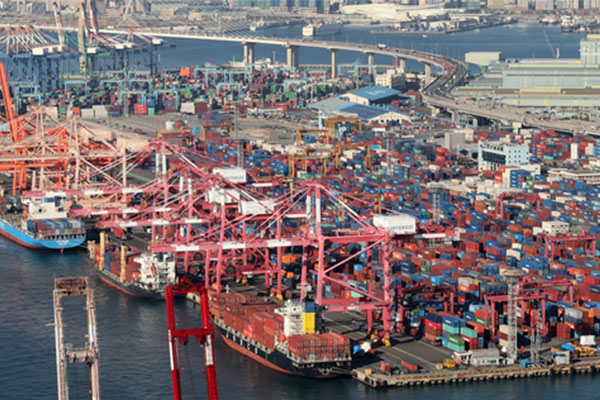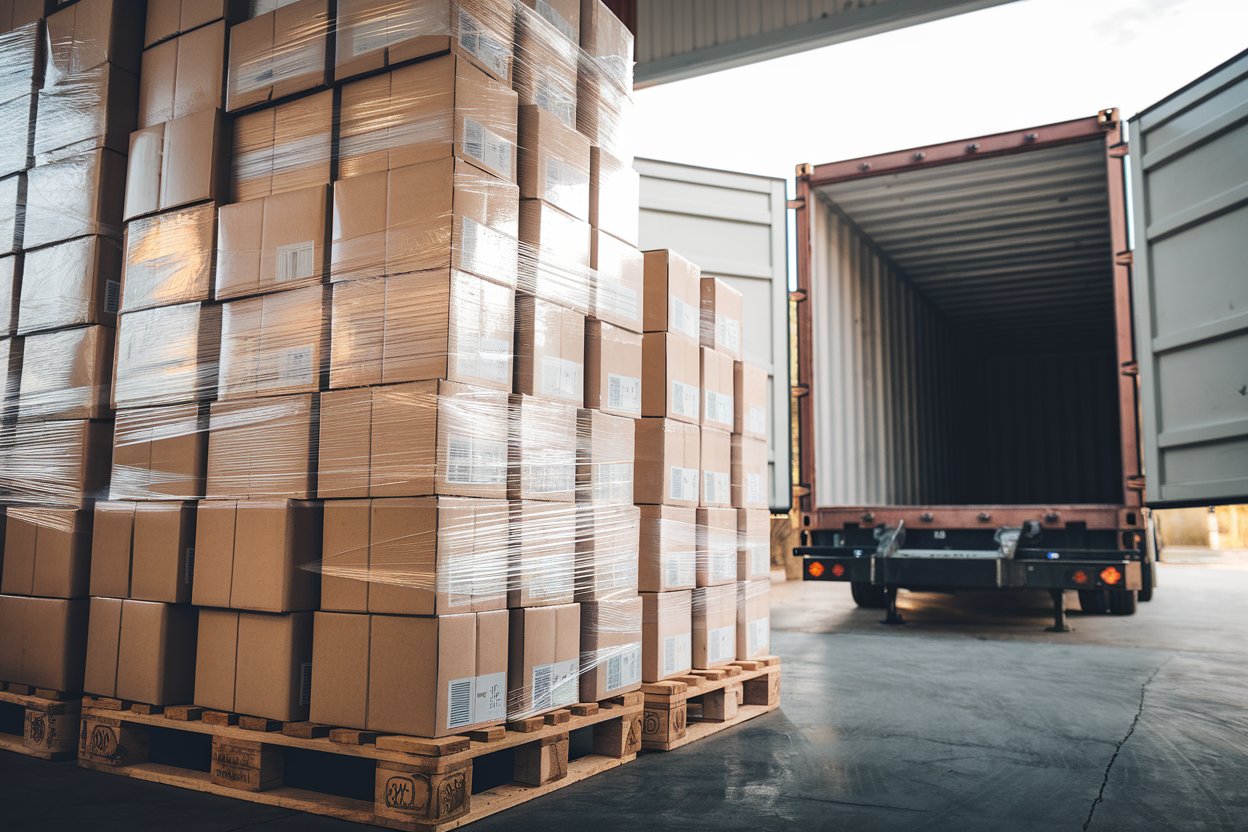- 20 Years of Expertise in Import & Export Solutions
- +86 139 1787 2118
Want to smoothly import goods into Brazil in 2025? Don't worry, next, let's talk about how to master Brazilian customs in 2025!
Essential documents for customs clearance: Get these ready and you're set
To get your goods smoothly through Brazilian customs, document preparation is of utmost importance. Although specific requirements may vary depending on the type of goods, the following basic documents are almost always the "old friends" you can't do without:
- Commercial Invoice: Records the details of the transaction between you and the exporter, such as the goods description, price, and payment method, serving as the "ID card" of the transaction.
- Packing list: Lists the contents of each package, including weight, dimensions, and markings—not a single detail can be missed, making it clear for customs at a glance.
- Bill of Lading (BL),?Air freight?Air Waybill (AWB), or other transport documents: Issued by the transport company, proving ownership of the goods and the transport contract. You can't do without it.
- ?Certificate of Origin?Technical data: States where the goods come from, and sometimes can even help you get tariff preferences—a little money-saving assistant!
- Import License (LI): Certain special goods require an application in advance. The Duimp system is gradually integrating this requirement.
- Import Declaration (DI) or Single Import Declaration (Duimp): The traditional one is the DI, but now Duimp is taking over. This electronic document is registered in the Siscomex system and contains all key import information.
Tip: The information on these documents must be consistent, otherwise you might be "invited for a cup of tea" by customs, which is a waste of time and money.
Duimp's transition: Gradual rollout in 2025
2025 is a big year for Duimp to show its capabilities, as it integrates all import information into a single electronic document, saving time and effort. This transition is being carried out in stages, with different types of goods being added successively:
- First half of 2025: Air freight imports and goods requiring administrative control (e.g., those needing an import license) will continue to switch to Duimp. The specific timetables for regulatory agencies will also be finalized during this period.
- Second half of 2025: Land imports and goods destined for the Manaus Free Trade Zone are also planned to join the Duimp system.
During the transition period, some importers may still have to use the old Siscomex LI/DI system, but the goal is to completely phase out the old system by the end of 2025 and fully embrace Duimp.
Customs clearance process: A step-by-step guide
The customs clearance process in Brazil is actually not complicated, just follow these steps:
- Importer Registration (RADAR): To import into Brazil, you must first register for a RADAR license to be able to operate in the Siscomex system. If you are a foreign company without a local subsidiary, find a?Import Agency?to help.
- Cargo Arrival and Manifest Registration: After the goods arrive at the port or airport, the transport company must register the manifest in the Siscomex Cargo system.
- Import Declaration (DI/Duimp) Registration: Once the goods arrive, the importer or customs broker must promptly register the DI or Duimp on the Siscomex portal, consolidating all cargo information—its importance cannot be overstated.
- Tax payment: Import duties and other federal taxes are generally paid when registering the DI/Duimp.
- Parameterization Channels: After registration, the system will automatically assign your declaration to one of four channels:
- Green channel: Direct release, no inspection, practically VIP treatment.
- Yellow Channel: Just a document check, a little more trouble.
- Red Channel: Both documents and goods are inspected, so be patient.
- Gray Channel: In-depth investigation, mainly to prevent fraud, with a very detailed inspection.
- Customs Inspection: If assigned to the yellow, red, or gray channel, customs will inspect as required.
- Release: After everything is okay, customs releases the goods, you get the confirmation document, and the goods are yours!
A little reminder for 2025: Don't forget these
- Tax Reform: Brazil is undergoing major changes, and the new VAT system (IBS and CBS) will be launched, which may change the calculation of taxes on imported goods.
- Strict Supervision: Customs is keeping a close eye on goods like biological materials and certain pharmaceuticals, so remember to check the specific requirements in advance.
By mastering the latest rules and having all the documents ready, customs clearance in Brazil in 2025 can be easily managed! To learn more, you can visit the website of the Brazilian Federal Revenue Service (Receita Federal) or the Siscomex portal.

Reference materials:
Brazilian government official website portal for all foreign trade systems
Recommended for You
- How to Choose a Reliable Export Customs Declaration Agent? These 6 Key Questions Must Be Understood!
- What is the "Item Number" in Export Agency? Will filling it incorrectly cause cargo detention? 2025 Latest Interpretation
- FAQ on Entering Export Agency Certificates? 2025 Latest Operational Guide
- What exactly is an export agent number? 8 key questions that foreign trade enterprises must know.
- What core documents are required for export agency declarations? How to avoid common declaration pitfalls? The latest 2025 guide.
? 2025. All Rights Reserved.
